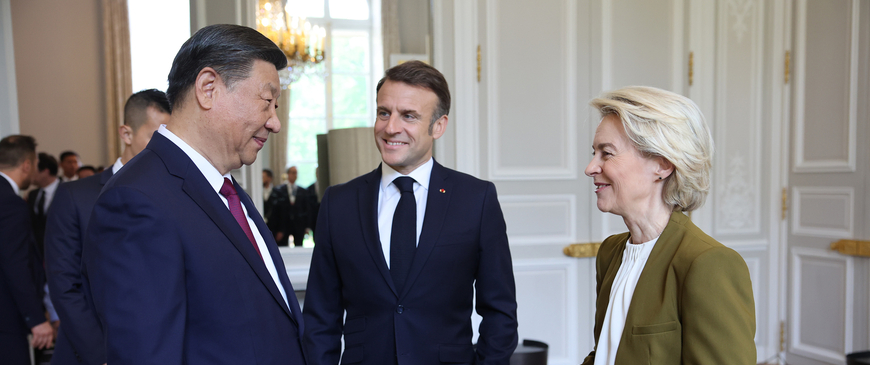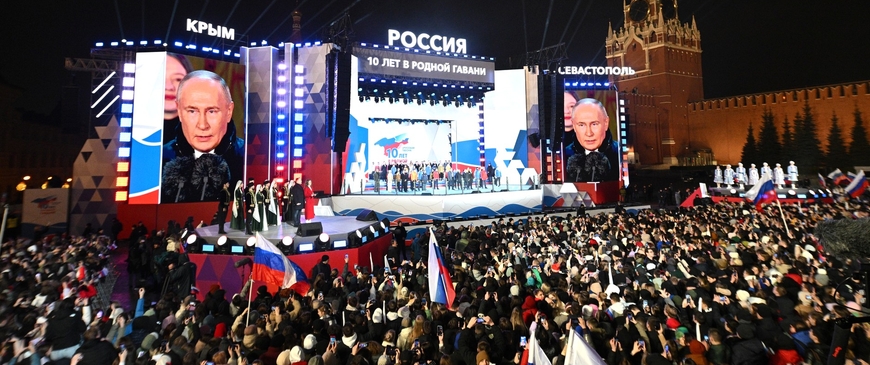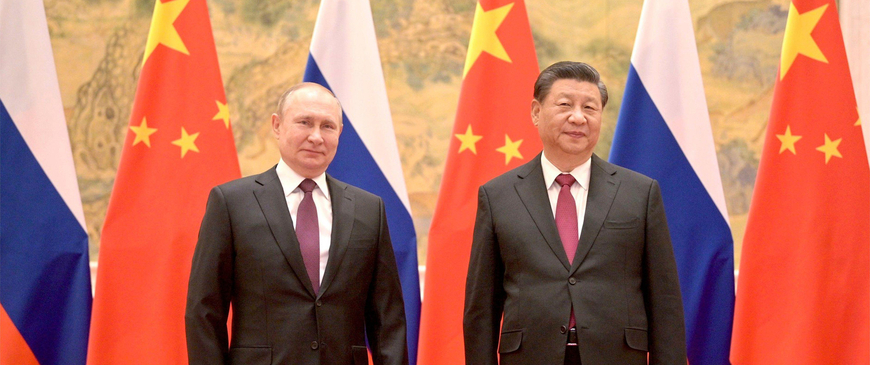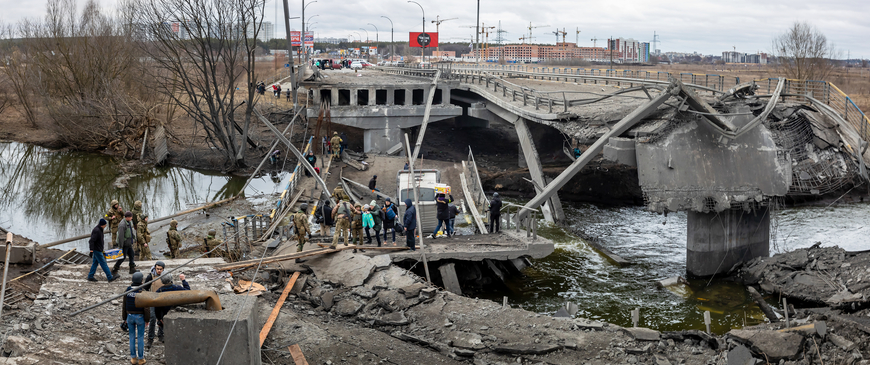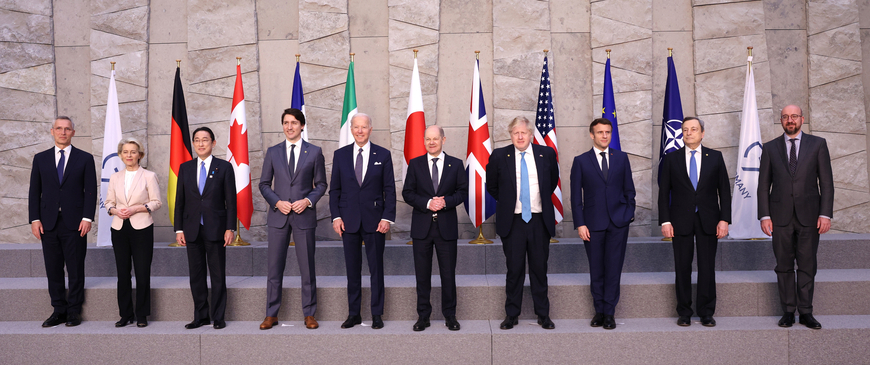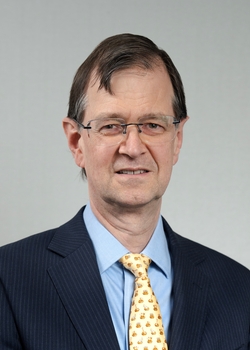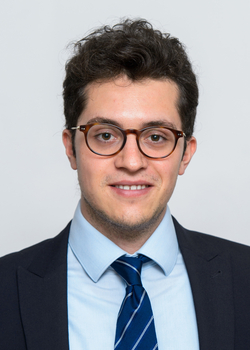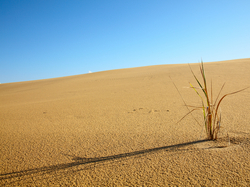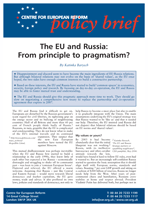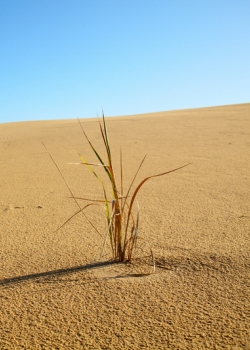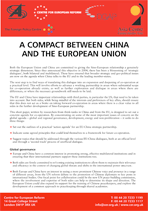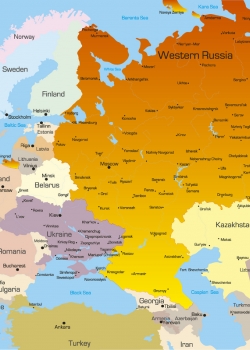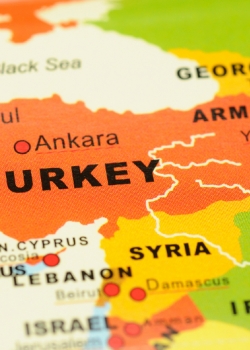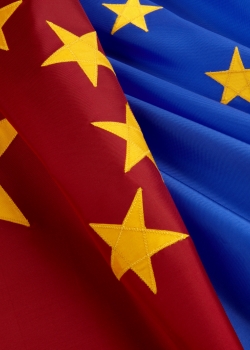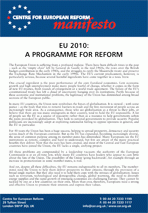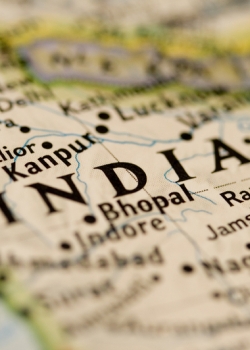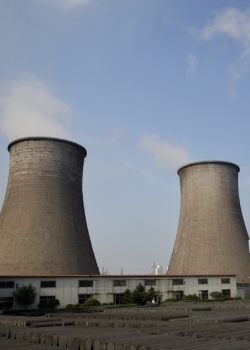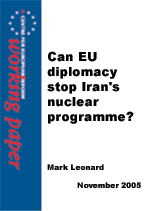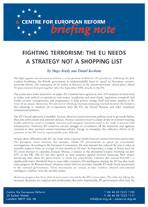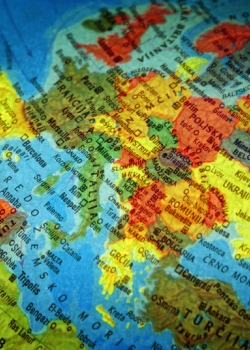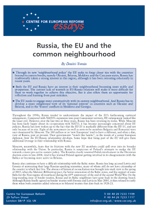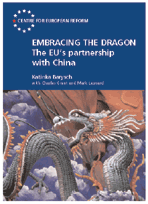China & Russia
Climate Change: Western business can help China and India
17 November 2006
We Europeans are proud pioneers in combating climate change. But what we do at home is almost irrelevant unless we persuade and help China and India to limit emissions.
The EU and Russia: From principle to pragmatism
10 November 2006
The EU and Russia find it difficult to get on. Europeans are disturbed by the Russian government's scant regard for civil liberties, its tightening grip on the energy sector and its bullying of neighbouring countries.
Global challenges will drive European reform
02 October 2006
When the first CER bulletin was published, almost a decade ago, the emphasis was firmly on the word ‘reform’. The EU had fulfilled its original purpose. Western Europe was an area of security, peace and, in the main, prosperity.
Issue 50 - 2006
29 September 2006
- Towards an environmental union, David Miliband
- Global challenges will drive European reform , Nick Butler
- The bulletin at fifty, Charles Grant
A compact between China and the European Union
05 September 2006
CER - FPC - DGAP - Chinese Academy of Social Sciences - Asia Centre
Both the European Union and China are committed to giving the Sino-European relationship a genuinely strategic dimension. Since they announced this objective in 2004, there has been a blossoming of 'strategic dialogues', both bilateral and multilateral. These have ensured that broader strategic and geo-political issues are now on the agenda...
Turkey, Russia and modern nationalism
01 August 2006
The EU faces few challenges greater than working out a modus vivendi with two large and difficult neighbours. The way the Union chooses to deal with this duo will do much to determine its future character.
Issue 49 - 2006
28 July 2006
- Turkey, Russia and modern nationalism, Charles Grant
- Britain and France must pool parts of their defence, Edgar Buckley
- Serbia’s choice, Angela Heath
Can we live with a nuclear Iran?
01 June 2006
As Europeans and Americans put together a final package of incentives to divert Iran from its nuclear course, the world is facing up to the possibility of failure.
A new European approach to China
03 April 2006
Until now EU policy towards China has focused mainly on domestic issues: opening up China’s economy, protecting intellectual property, improving respect for human rights, and securing the readmission of illegal migrants.
Issue 47 - 2006
24 March 2006
- A new European approach to China, Mark Leonard
- What future for free trade in services?, Simon Tilford
- How to build a better EU foreign policy, Charles Grant, Mark Leonard
EU 2010: A programme for reform
03 February 2006
The European Union is suffering from a profound malaise. There have been difficult times in the past – such as the 'empty chair' left by General de Gaulle in the mid-1960s, the rows over the British budget contribution in the early 1980s, and the struggles to ratify the Maastricht treaty...
India and the EU: strategic partners?
01 February 2006
Most EU governments take very little interest in India. That is likely to change. According to Goldman Sachs’ (admittedly speculative) research, over the next half century India will grow faster than any other large national economy.
Issue 46 - 2006
27 January 2006
- The EU must do more on climate change, Stephen Tindale
- India and the EU: strategic partners?, Charles Grant
- The EU needs a bolder Balkan strategy, Carl Bildt
Can EU diplomacy stop Iran's nuclear programme?
04 November 2005
When Iran restarted its nuclear programme in August 2005, it seemed to obliterate two years of EU efforts to persuade Tehran not to build a nuclear bomb. However, Mark Leonard argues that the EU should persevere with diplomacy.
Fighting terrorism: The EU needs a strategy not a shopping list
11 October 2005
The fight against international terrorism is a key priority of Britain's EU presidency. Following the July London bombings, the British government is understandably keen to speed up European counter-terrorism efforts.
Can variable geometry save EU enlargement?
03 October 2005
All over Europe, politicians are becoming more hostile to further EU enlargement. One reason is that electorates in many countries oppose it. Another is that the EU’s ‘widening’ has always been closely linked to its ‘deepening’.
Issue 44 - 2005
30 September 2005
- Can variable geometry save EU enlargement?, Charles Grant
- CAP reform can reshape the EU budget, Lord Haskins
- An avant-garde for internal security, Hugo Brady
Russia, the EU and the common neighbourhood
02 September 2005
Throughout the 1990s, Russia tended to underestimate the impact of the EU's forthcoming eastward enlargement. Compared with NATO's expansion into post-Communist territory, EU enlargement looked like the lesser evil.
Embracing the dragon: The EU's partnership with China
02 May 2005
The EU is now China's biggest trading partner. European companies are ploughing billions of euro into the booming Chinese market. The EU offers Beijing help in areas such as fighting pollution and writing better laws.
What new transatlantic institutions?
01 April 2005
Earlier this year, Gerhard Schröder caused a stir with a speech to the Munich Security Conference. When he said that NATO was no longer the forum for top level strategic discussions between Europeans and Americans he was stating the obvious.

